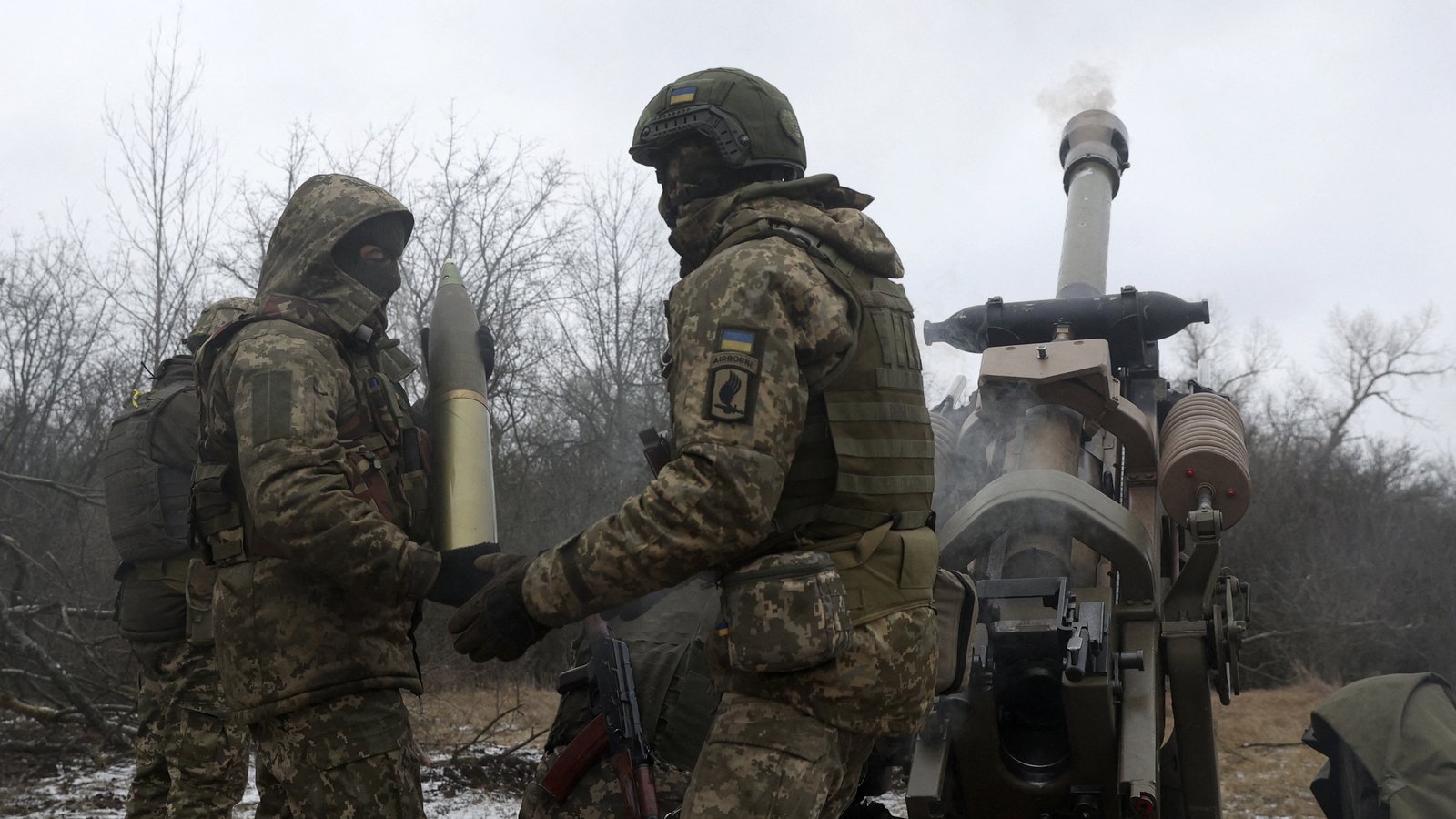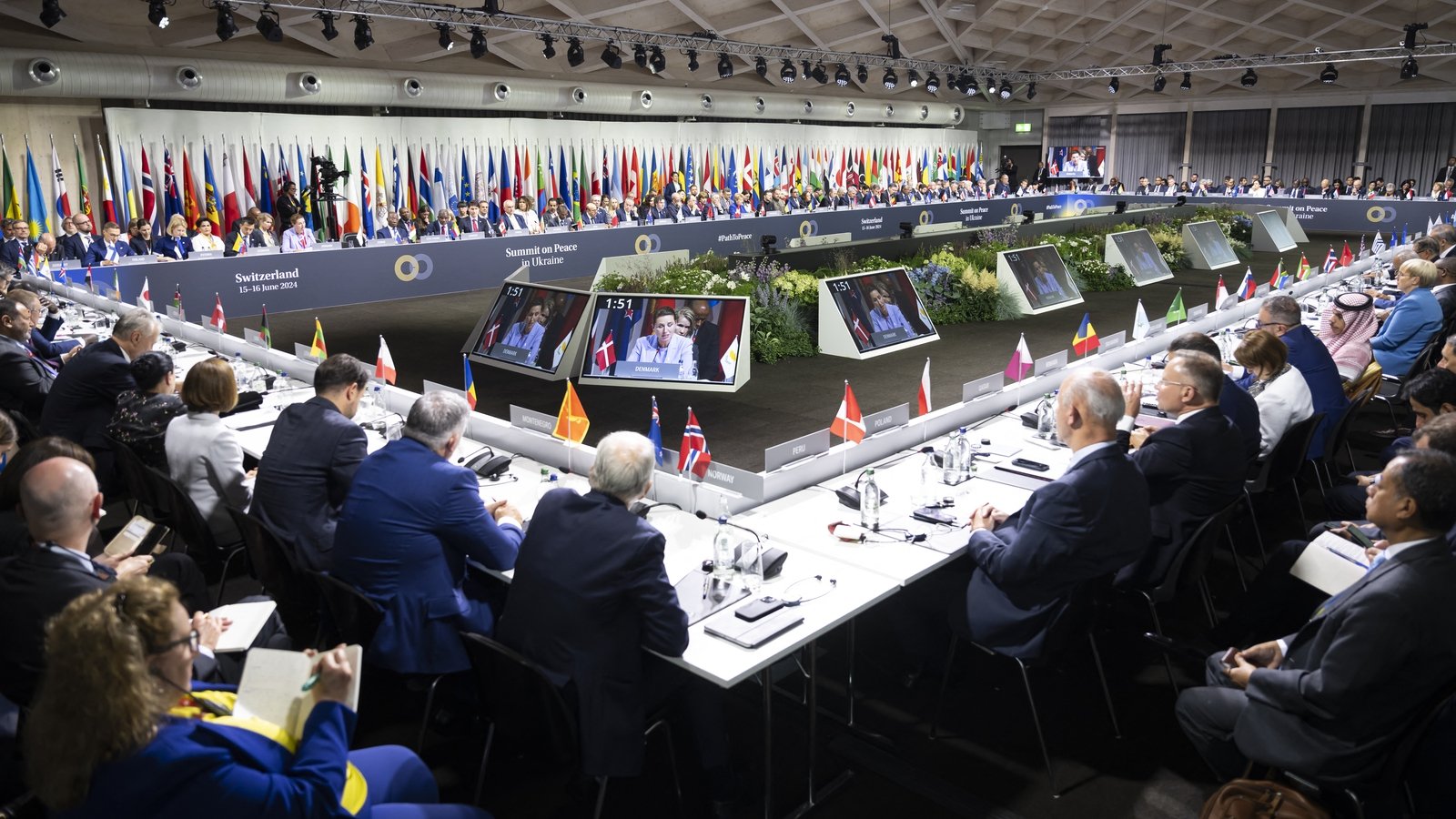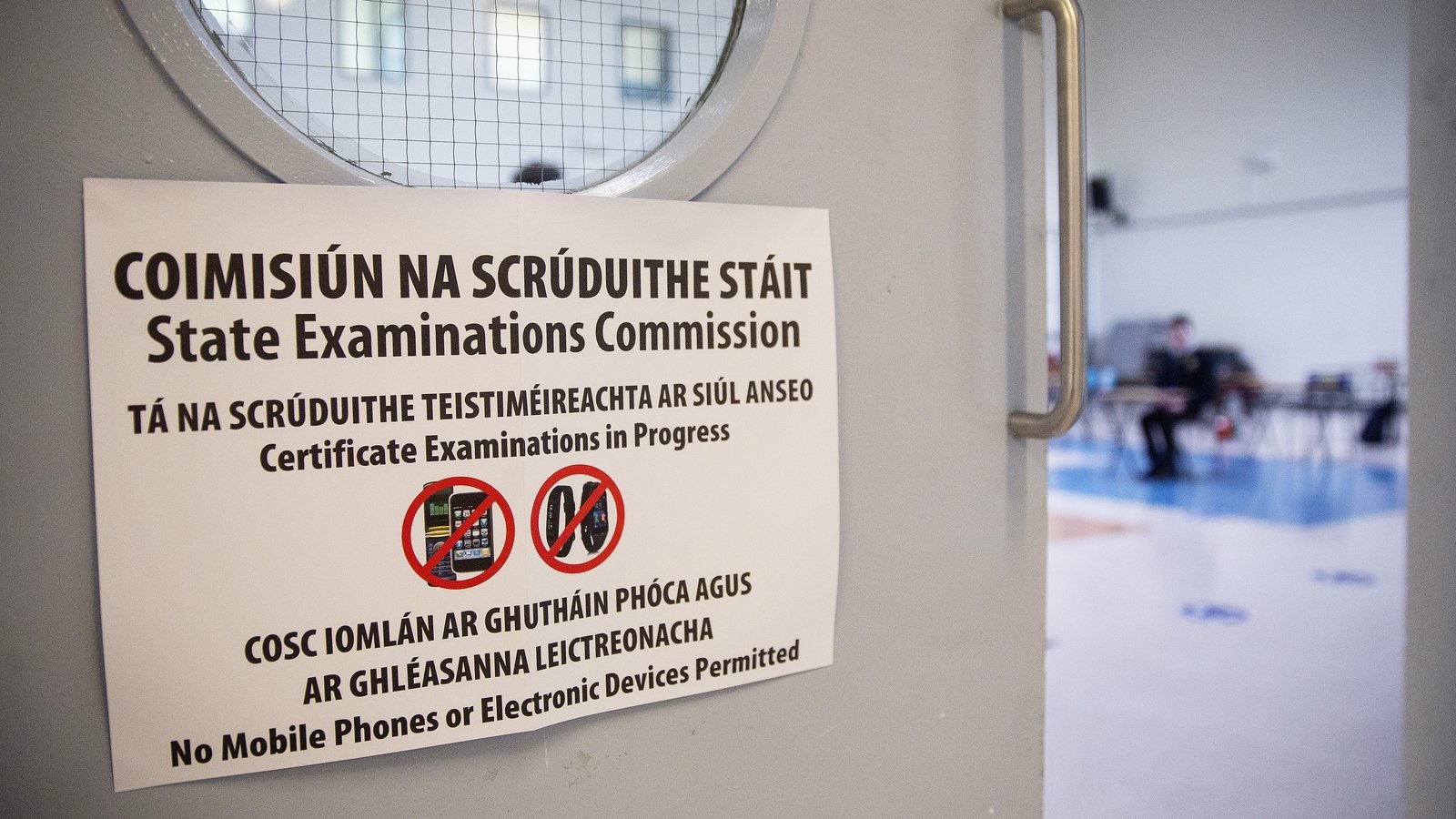Report ‘underlines need for victim-centred approach’
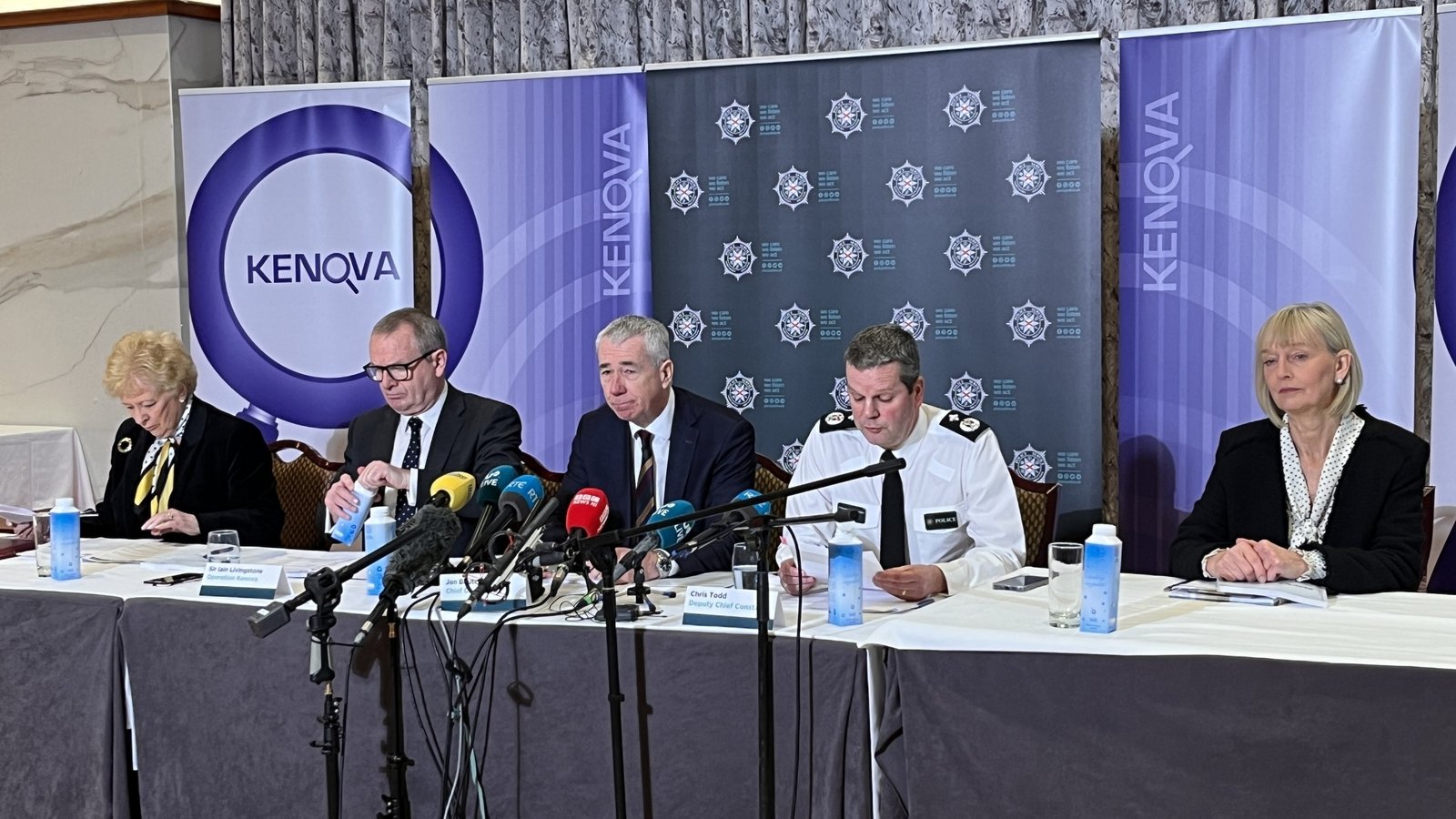
An interim report from a £40 million inquiry into an IRA mole and his handlers ‘underlines the need for a comprehensive, collective and victim-centred approach to legacy issues’, Tánaiste Micheál Martin has said.
It investigated 101 murders and abductions.
The Operation Kenova report, which was published this morning, found that lives could have been saved by the intelligence he provided.
In some cases the intelligence was not passed on or properly assessed. In others, the security forces decided against intervening because it would have compromised or exposed an informer.
The report is also highly critical of the IRA. It said it had been responsible for “torture, inhumane and degrading treatment and murder, including of children, vulnerable adults, those with learning difficulties and those who were entirely innocent of the claims made against them.”
Tánaiste and Minister for Foreign Affairs Micheál Martin said: “I welcome the strong emphasis in the report on the European Convention on Human Rights, which is an essential safeguard under the Good Friday Agreement.
“In the report, the futility, immorality, and the sordid nature of the Provisional IRA campaign is laid bare.
“The report is clear. The PIRA’s response to those who were supposed to have informed against it was torture and murder.
“The PIRA used torture and inhumane treatment as a deterrent against people working with the security forces.
“Sinn Féin as a political party must accept that the war was wrong, futile and essentially an attack on its own community.
“It should unreservedly apologise and state unequivocally that the PIRA’s activities and actions were wrong.”
The report also contains calls for formal apologies from both the British government and the republican leadership.
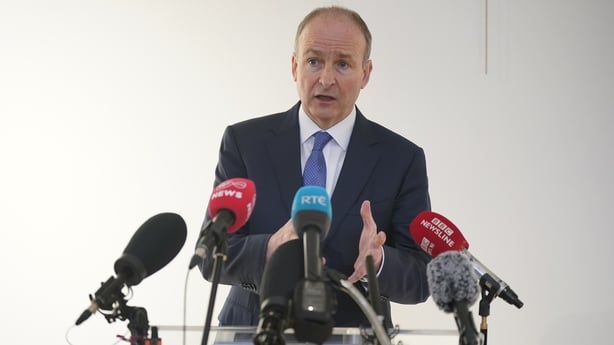
it also details a number of examples in which the security services failed the informers who had been working for them.
On one occasion the IRA abducted a man. Intelligence was passed about where he was being held. It was not passed on to protect an informant and the victim was murdered.
“The report makes clear the challenging circumstances facing those who worked to keep people safe throughout the Troubles,” Mr Martin said.
“However, it also states that serious crimes ‘were not prevented when they could and should have been’.
“It states Special Branch and the Force Research Unit withheld information in order to protect their agents, with the result very serious offences, including murder were not prevented or investigated.
“This was a profound failure and an appalling dereliction of duty.
“What the Kenova report makes clear is that ‘legacy cases can be investigated successfully, and the truth can be uncovered’.
“The ultimate goal of our shared efforts on legacy is to advance the essential work of reconciliation.
“Jon Boutcher is clear in his view that ‘there can be no meaningful reconciliation following the Northern Ireland Troubles unless and until victims and families know the truth of what happened, however uncomfortable that might be for those involved’.
“Helping secure that truth for victims and families is a collective responsibility.”
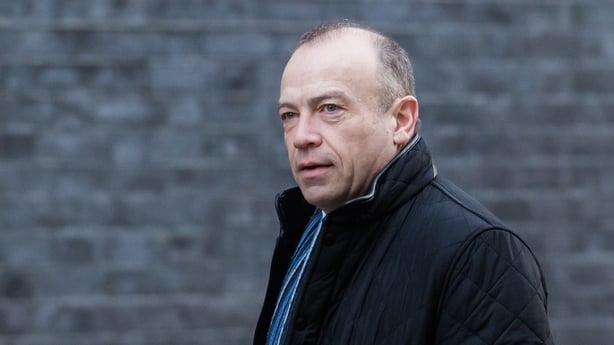
‘Not right for the Government to comment’
In a statement following publication of the report, Secretary of State for Northern Ireland, Chris Heaton-Harris, said: “As this is an ‘interim’ report, I will not comment at this time on behalf of the Government on the detail of the report.
“It contains several specific, very serious allegations that remain subject to consideration by the courts.
“It would not be right for the Government to make any comment on the substance of the Interim Report until the conclusion of litigation related to it.
“I note the recent decisions made by the Public Prosecution Service for Northern Ireland in relation to files passed to them by Operation Kenova, which once again go to show how difficult it is to achieve criminal justice outcomes in legacy cases.
“Due to numerous related civil cases, however, that remain ongoing, it would be inappropriate to comment further at this time. There is also the prospect of appeals against any of the recent decisions made by the Director for Public Prosecutions for Northern Ireland.
“I would like to put on record again my deepest sympathy with all the families who lost loved ones during the Troubles – including as a result of the actions of the Provisional IRA.”
Mr Heaton-Harris added: “There can be no doubt that the way Operation Kenova has conducted its work since being commissioned in 2016 has gained the trust of many families who have long been seeking answers as to what exactly happened when their loved ones were so brutally murdered by, and on the orders of, the Provisional IRA.
“Over 3,500 people from all parts of the community were killed during the Troubles and tens of thousands more injured. Over 1,000 of those killed were members of the security forces.
“Their bravery, courage, dedication and sacrifice in seeking to uphold democracy and the rule of law must never be forgotten.
“We must remember too that the vast majority of deaths during the Troubles, around 90 per cent, were perpetrated by terrorist organisations – in the substance of this report, by the Provisional IRA.”

